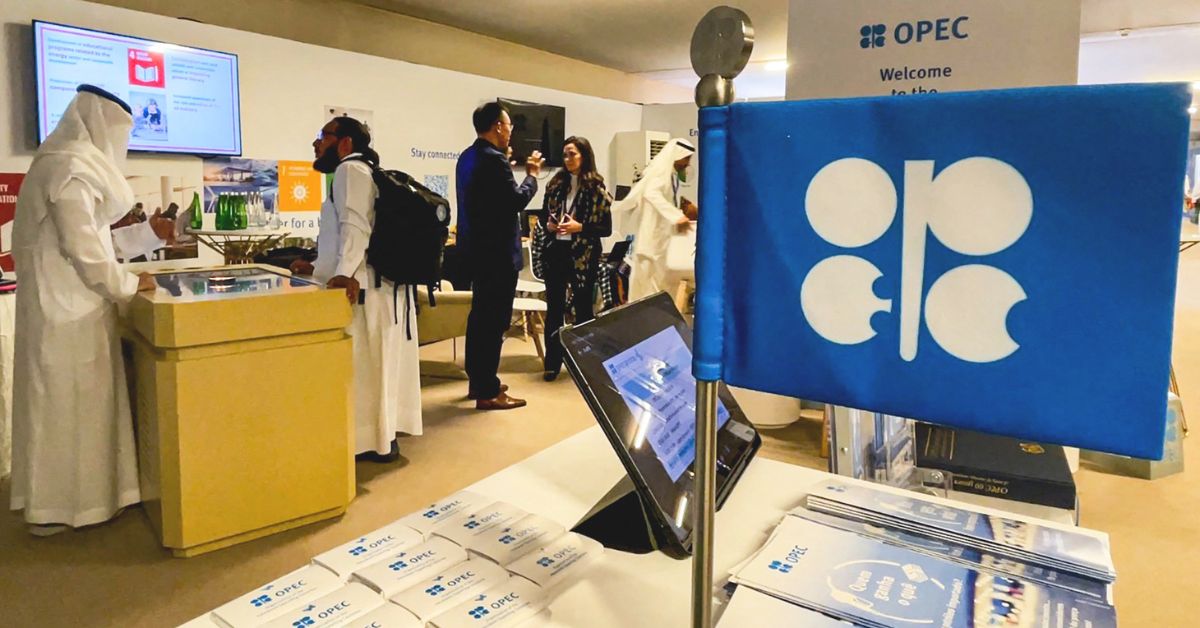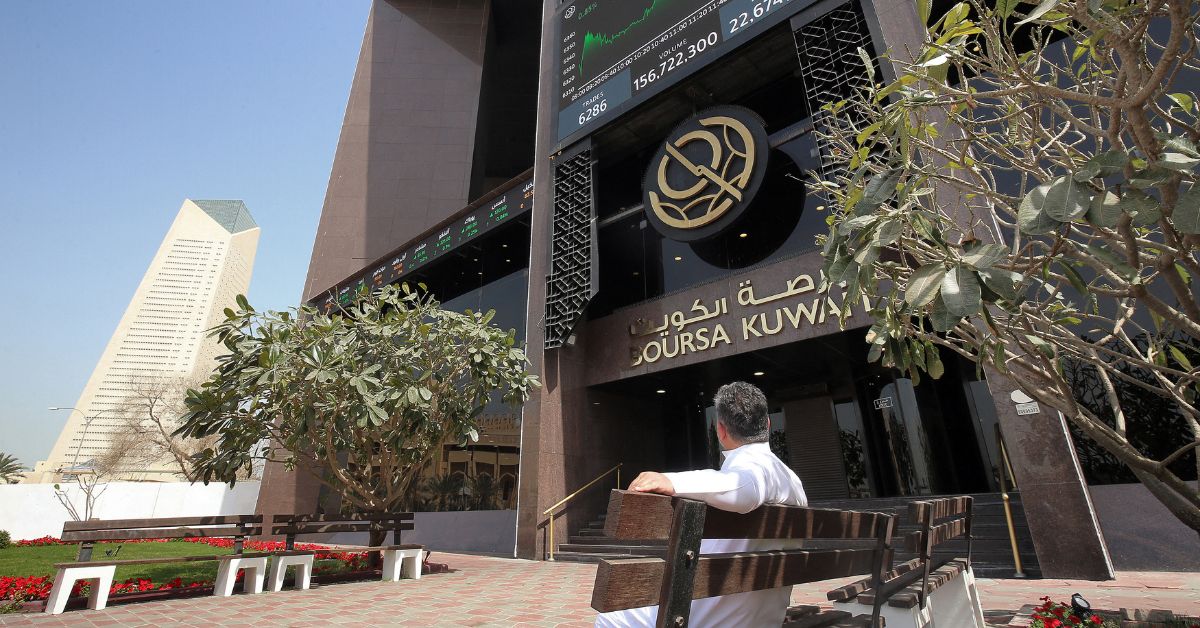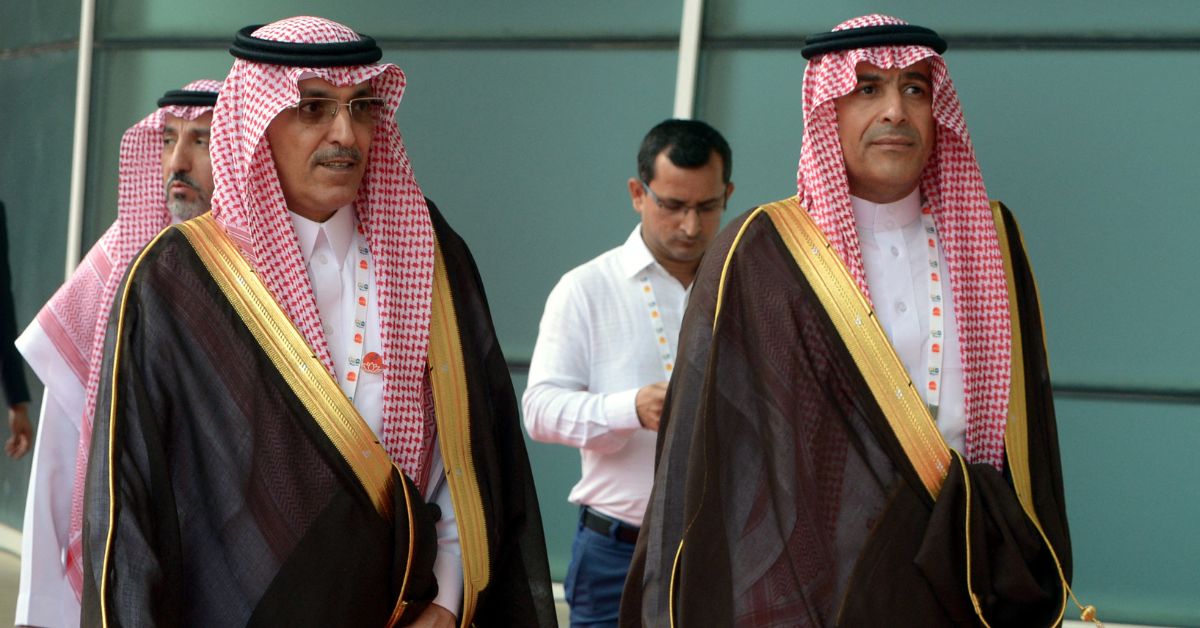DUBAI, UAE — As 2024 unfolds, the Gulf Cooperation Council (GCC) region is poised for notable economic development and business expansion. This optimistic outlook comes despite the challenges encountered in the previous year.
A World Bank’s report predicts a rebound in GCC growth for 2024, following a period of slower performance in 2023. The deceleration in growth during 2023 was largely attributed to reduced activity in the oil sector, impacted by OPEC+ production cuts.
However, the forecast for 2024 and 2025 suggests growth rates of 3.6 percent and 3.7 percent, respectively. A significant aspect of this report is the increased participation of women in Saudi Arabia’s labor force, signaling an encouraging trend towards diversity in the regional workforce.
The United Arab Emirates (UAE) is particularly noteworthy, expected to be the GCC’s leading economic performer in 2024. Capital Economics projects the UAE’s GDP to grow by 4 percent, driven by favorable oil output quotas and strong domestic demand in sectors such as tourism, real estate, construction, transportation, and manufacturing. The International Monetary Fund (IMF) aligns with this positive outlook, anticipating the UAE’s economy to grow by 3.9 percent in 2024, an increase from 3.6 percent in 2023.
What's in store for the region this year World Bank Forecasts: Predicts GCC growth rebound in 2024 with rates of 3.6% and 3.7% for 2024 and 2025. Women's Workforce Participation: Notable increase in Saudi Arabia, enhancing regional workforce diversity. UAE's Economic Leadership: Projected 4% GDP growth, leading GCC's economic performance. Kuwait's Lower Growth Projection: IMF forecasts 0.9% growth, the lowest in the GCC. Technology and Innovation: Major investments in ICT, IoT, Cloud Computing, and Cybersecurity driving the GCC's tech sector. Banking and Finance: GCC banking sector bracing for changes and challenges, with a focus on diversification and technological advancement. Economic Stability: GCC countries to maintain steady financial markets, closely aligning monetary policies with the U.S. dollar. Sustainable Development: Increased focus on clean energy and economic diversification, particularly in UAE and Saudi Arabia.
In contrast, Kuwait is projected to experience the lowest growth within the GCC, according to IMF forecasts, with an anticipated growth rate of only 0.9 percent. Despite these varied growth rates and the global economic uncertainties—including higher interest rates, rising inflation, and geopolitical tensions—the overall economic outlook for the GCC remains cautiously optimistic.
The IMF’s global forecast indicates a dip in growth to 2.8 percent in 2023, followed by a stabilization at 3 percent in 2024. Nevertheless, GCC countries, particularly the UAE, are expected to outperform historical trends, bolstered by factors such as infrastructure projects, a resurgence in tourism, and sustained high oil prices.
The economic and business outlook for the GCC in 2024 paints a picture of resilience and potential growth, navigating through global economic challenges and regional complexities.
Technology and innovation
The technology landscape in the GCC in 2024 is set to be vibrant and dynamic, driven by substantial investments in various technological sectors, enhancing the region’s global and internal capabilities.
ICT Sector and Connectivity: Significant investment in the Information and Communication Technology (ICT) sector is expected, with the UAE, Qatar, and Kuwait allocating substantial funds. This will support the development of 5G networks, essential for industries like healthcare, automotive, and smart cities. The UAE is leading as the fastest-growing 5G market globally, while Qatar has the highest average 5G download speeds in the region. Bahrain’s cost-effective fiber broadband services are also noteworthy.
Internet of Things (IoT): IoT adoption is expanding, with tech companies providing platforms for data collection and analysis. A prime example is Qatar’s deployment of 280,000 smart meters with IoT capabilities.
Cloud Computing: The region is enthusiastically embracing cloud computing. The public cloud market in Saudi Arabia is projected to reach $2.5 billion by 2026. The UAE’s Expo 2020 showcased a multi-cloud approach using Etisalat 1C and AWS.
Data and Analytics: Data analytics is being utilized for consumer behavior monitoring and demand prediction. Corporations are leveraging IoT device data and augmented reality applications to enhance their market positioning.
Artificial Intelligence (AI) and Machine Learning: AI and machine learning are significant trends, especially in the UAE and Saudi Arabia. The GCC could save up to $7 billion annually by automating routine tasks with AI, particularly in governmental functions.
Augmented and Virtual Reality (AR/VR): Augmented Reality and Virtual Reality technologies are finding increased applications across various sectors. In healthcare, they are being used for virtual consultations, enhancing patient care. In the real estate sector, AR and VR offer immersive property tours, revolutionizing the way properties are marketed and viewed.
Cybersecurity: As digital transformation accelerates, cybersecurity becomes increasingly critical. GCC countries are proactively establishing cybersecurity organizations to safeguard against digital threats. The Middle East’s cybersecurity market is on track for significant growth by 2025, reflecting the region’s commitment to digital security.
Industry Impacts: Key sectors like FinTech, retail, and eLearning are undergoing a digital revolution. These sectors are witnessing substantial investments, signaling a trend of robust growth in the near future.
To sum it up, the GCC region’s technology landscape in 2024 is anticipated to be marked by enhanced connectivity, increased IoT and AI adoption, a strong focus on cybersecurity, and growth across various industries fueled by digital transformation.

Banking and finance
The banking and finance sector in the GCC region is bracing for significant developments and challenges in 2024. The overall economic growth in the GCC is projected to outpace many advanced and emerging economies, with a forecasted growth rate of 3.9 percent in 2024.
Economic Growth: The region is expected to experience an upswing in economic growth, particularly driven by the energy sector. Although regional producers might initially adhere to oil supply restrictions, these are anticipated to be relaxed later in the year, contributing positively to the region’s growth after a period of retrenchment.
Resilience in Non-Energy Sectors: The non-energy economy of the GCC is expected to demonstrate resilience, somewhat independent of global economic trends. This resilience is likely to be bolstered by the governments’ stable fiscal outlooks and increased off-budget spending, especially in countries like Saudi Arabia and the UAE.
Diversification Efforts: The region’s commitment to diversifying its economy beyond the energy sector is evident, with continued investment in areas like tourism and renewable energy. These efforts reflect the core objectives of the regional development visions, aiming to build a more sustainable and varied economic landscape.
Banking Industry Outlook: Deloitte Insights reports that the banking industry will be shaped by various factors such as generative AI, industry convergence, embedded finance, open data, digitization of money, decarbonization, digital identity, and fraud. While banks are on solid ground, they must adapt to new competitive dynamics and explore new value sources.
Challenges and Opportunities: The banking sector faces challenges in generating revenue and managing costs amidst diverse global economic conditions. Higher interest rates have boosted net interest income. However, persistently high deposit costs and customer expectations for increased rates will continue to pressure the banking industry.
Monetary Policy Adjustments: Central banks worldwide, including those in the GCC, are expected to fine-tune their monetary policies in response to shifting economic conditions. These adjustments in policy rates will significantly impact banking operations and profitability.
Regional Geopolitical Risks: Regional conflicts, such as potential escalations in the Israel-Hamas conflict, could disrupt the optimistic outlook for 2024, impacting investments, travel demand, and the global macroeconomic environment.
In summary, the banking and finance sector in the GCC region is poised to navigate a complex landscape of opportunities and challenges in 2024, emphasizing diversification, technological advancement, and adaptation to global economic shifts.

Economic outlook
The financial outlook for the GCC nations in 2024 will be influenced by several key factors, as indicated by recent discussions and reports. After a slowdown in 2023, the region is expected to see a gradual economic recovery in the coming year.
This recovery is supported by the strong financial fundamentals and demographic profiles of the GCC countries, coupled with ongoing economic reforms. Notably, countries like Saudi Arabia, the UAE, and Kuwait, despite their small populations, are economic powerhouses. They contribute about 2 percent to the global GDP and are significant players in the natural gas and oil markets. Their economic strength is further reinforced by strategic flexibility, especially in the oil market.
In terms of sustainability, the GCC countries are increasingly focused on economic diversification, human capital development, and aligning with sustainability goals. The shift toward clean energy is evident, as seen in the UAE’s investments in solar energy and Saudi Arabia’s emphasis on tourism and entertainment sectors through projects like NEOM and AlUla, signaling a clear commitment to diversification.
Financial markets in the region are also expected to remain stable. The GCC countries keep their monetary policy decisions closely aligned with the U.S. dollar, or a mix of currencies including the dollar, as is the case for Kuwait. The prompt response of these countries’ financial authorities to inflation dynamics and growth, using tools like interest rate adjustments, demonstrates their financial prudence.
Furthermore, the policy shift toward greater engagement with emerging markets, while maintaining significant USD reserves, is a strategic move to ensure financial stability and support their currency pegs. The international reserves of these countries, although slightly reduced in recent years, are still higher than in many other regions, providing a cushion against potential economic fluctuations.
The economic and financial outlook for the GCC nations in 2024 is cautiously optimistic. With a focus on flexibility, sustainability, and diversification, and backed by robust financial fundamentals, these countries are well-positioned for a gradual economic recovery and sustained growth over the medium to long term.

